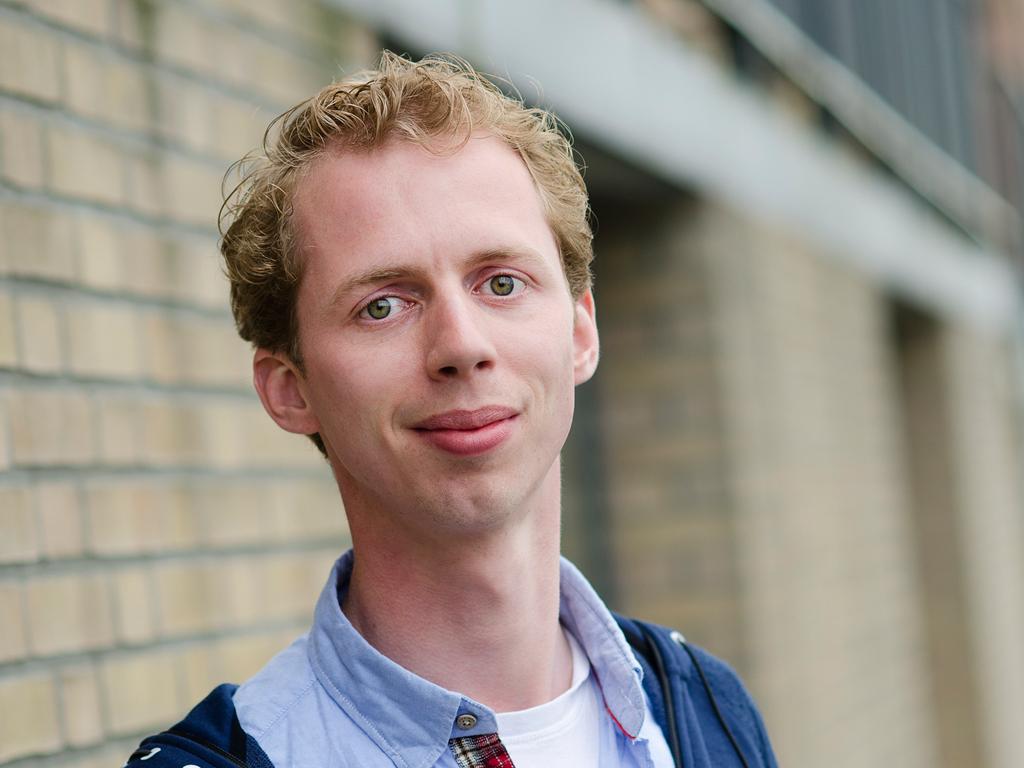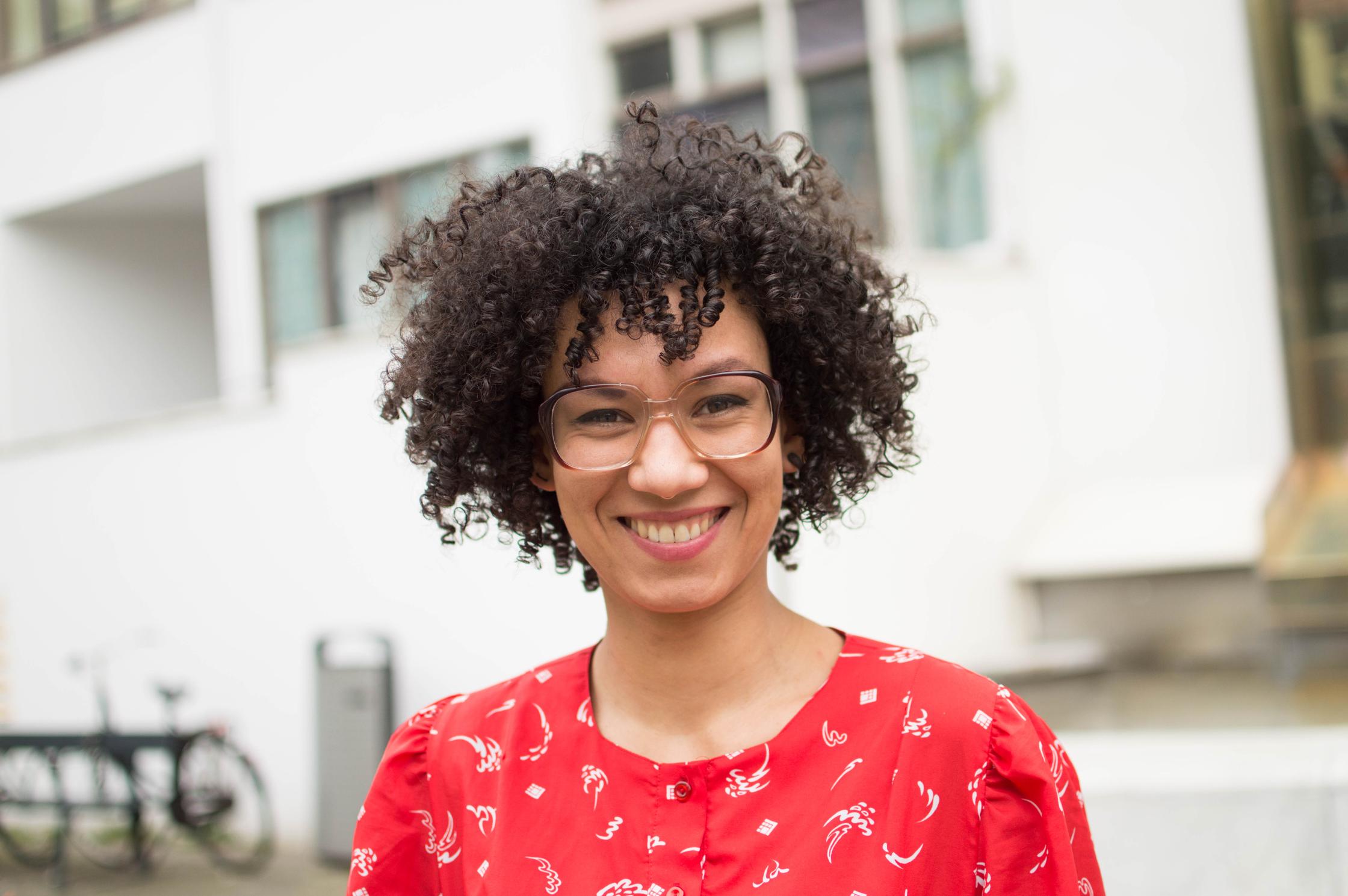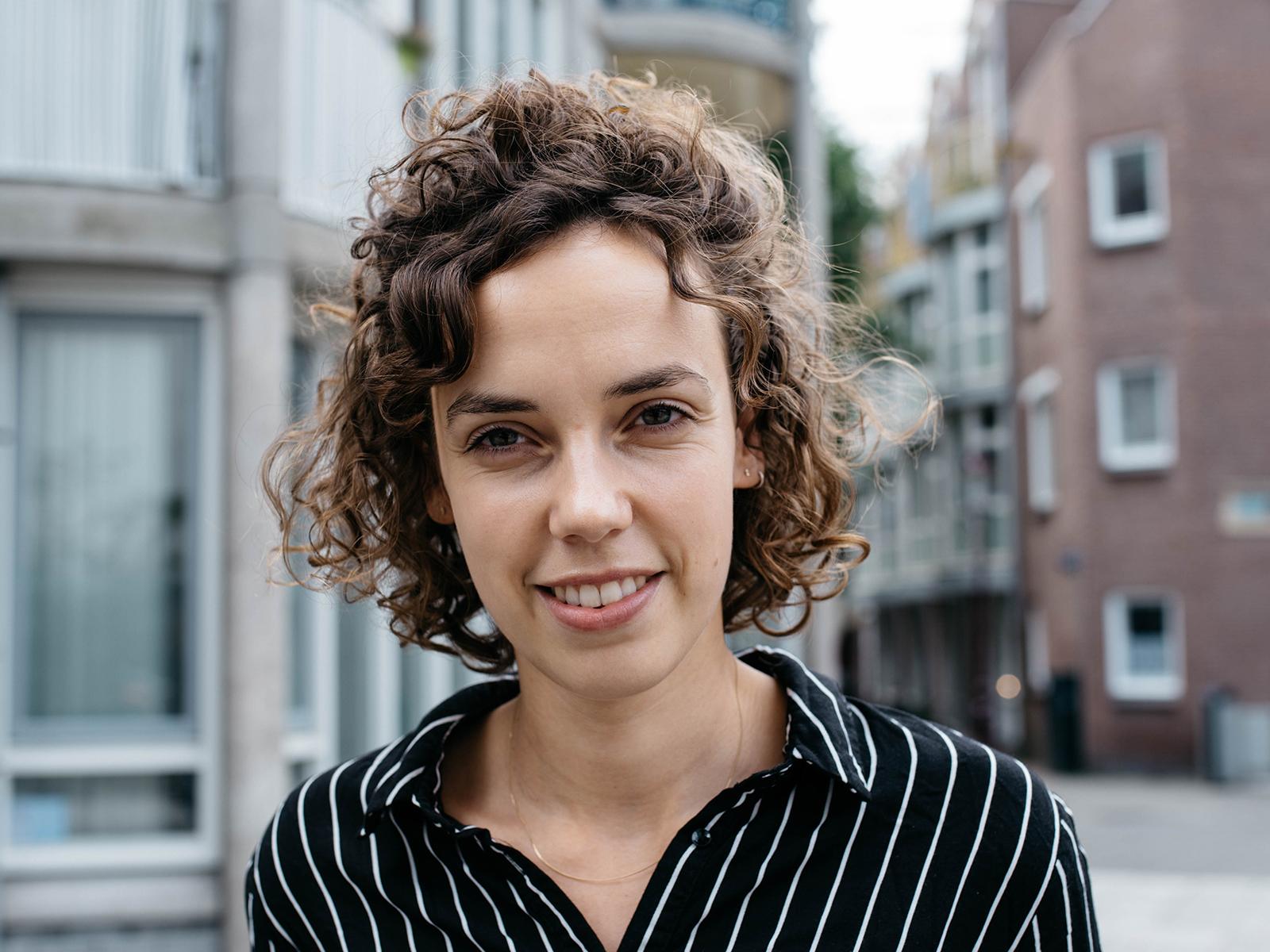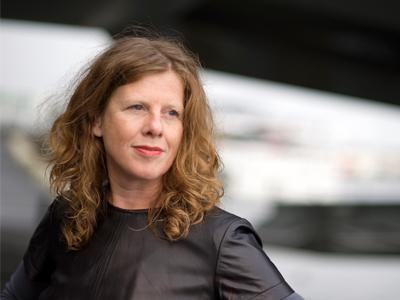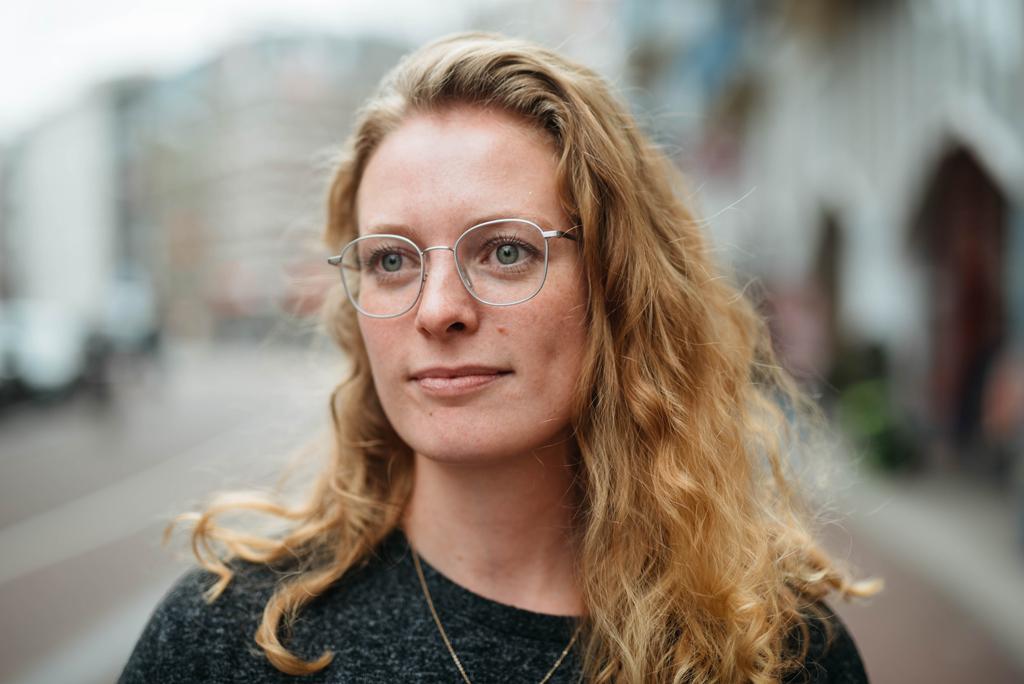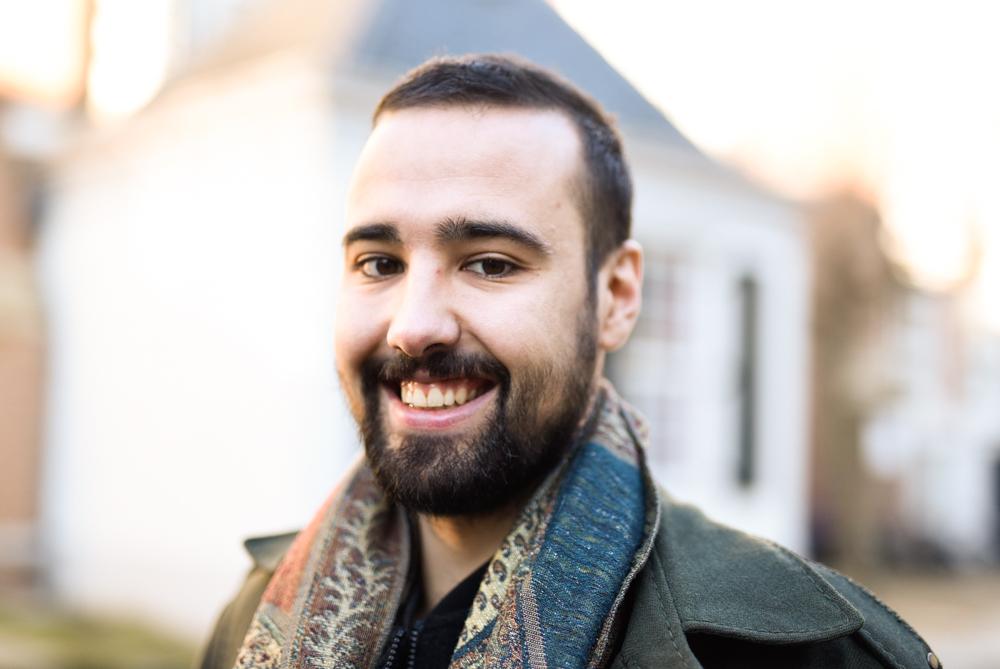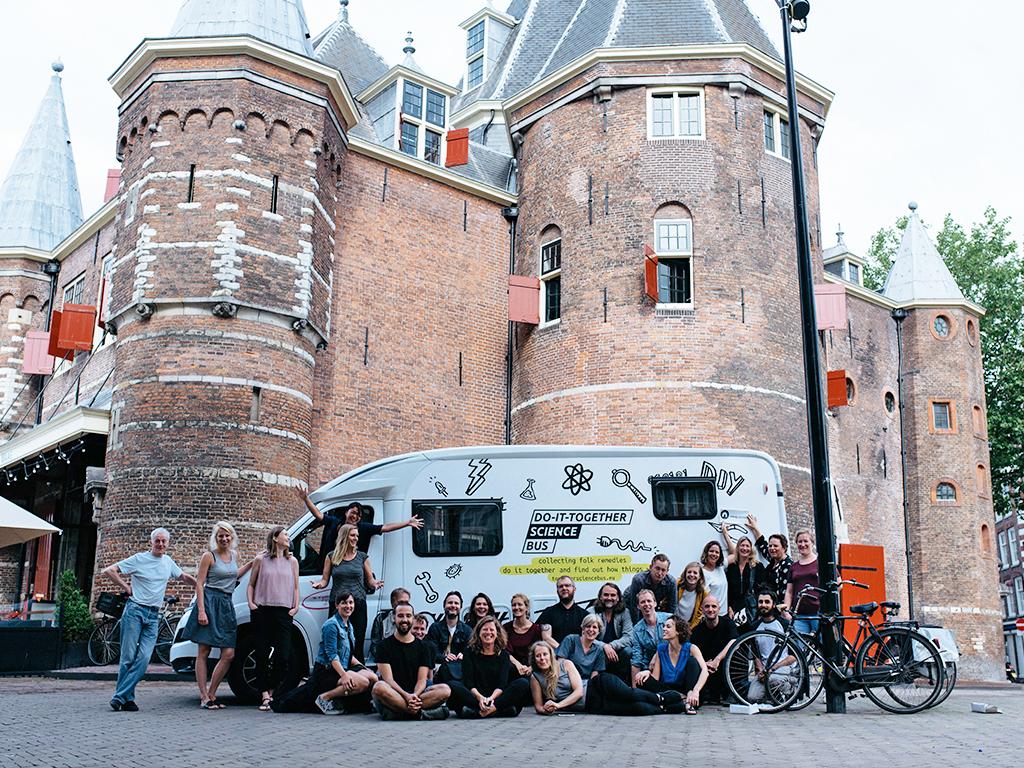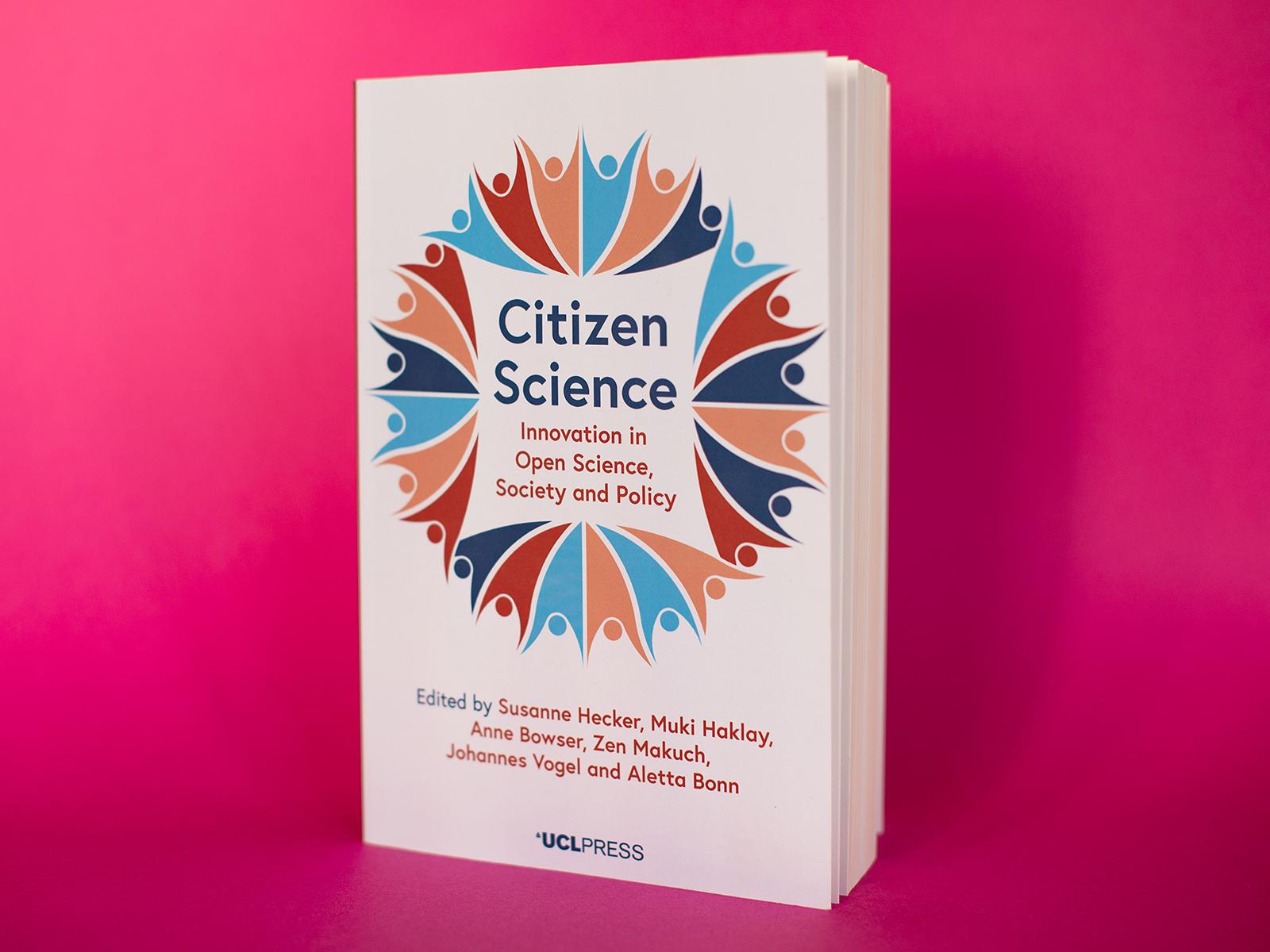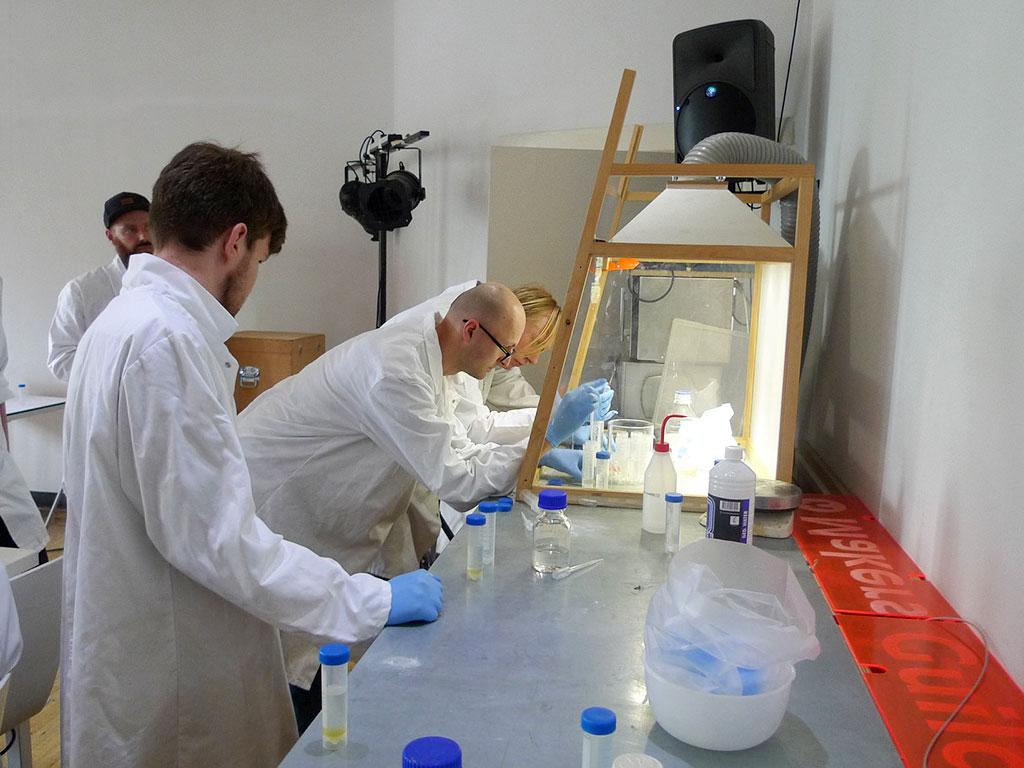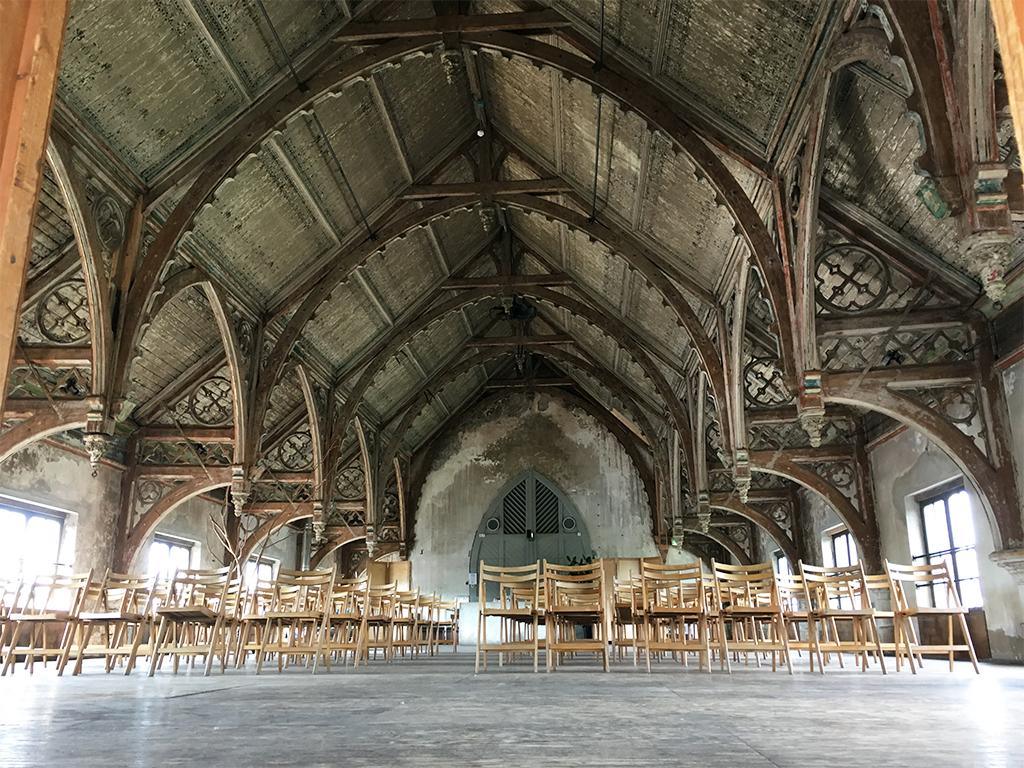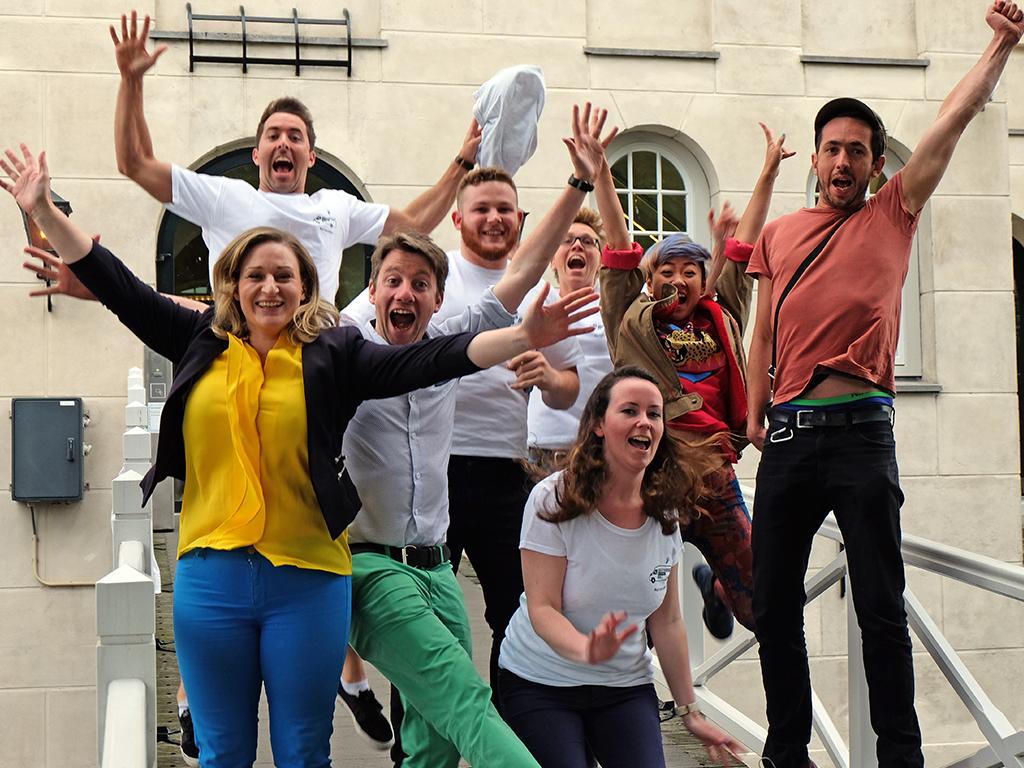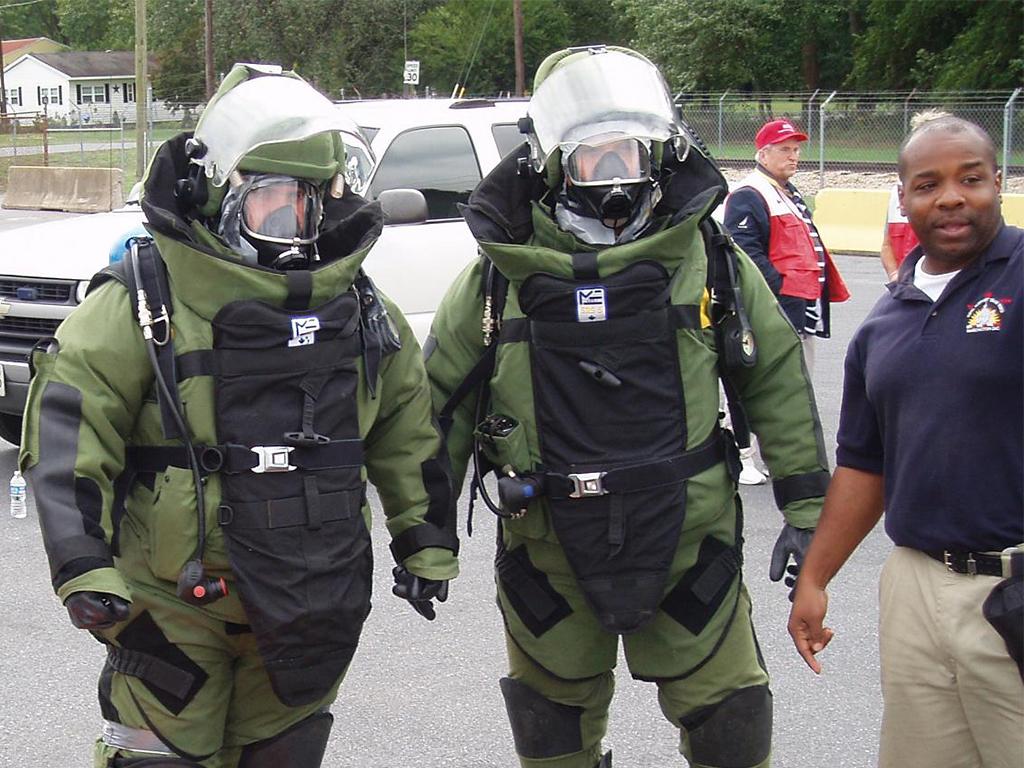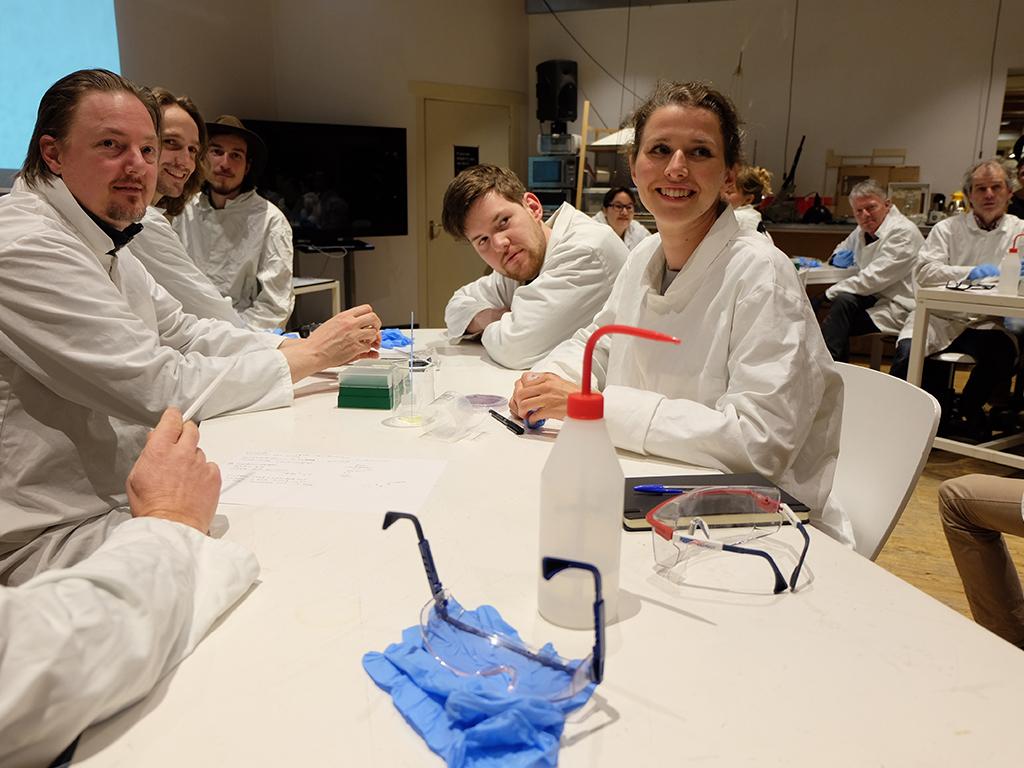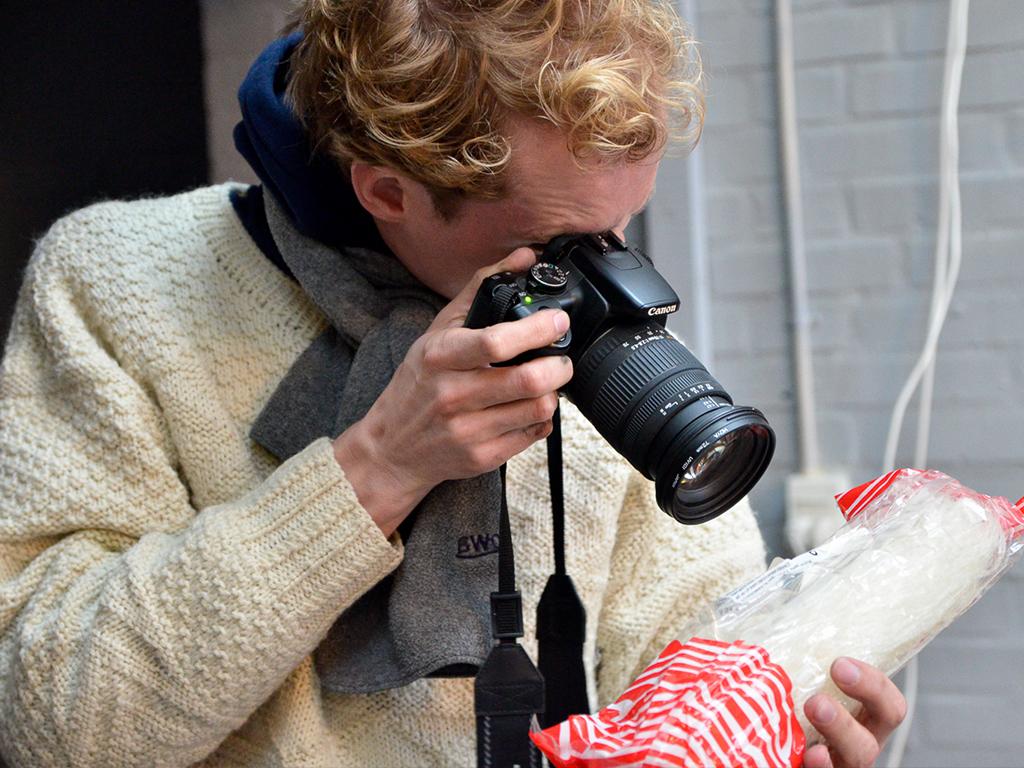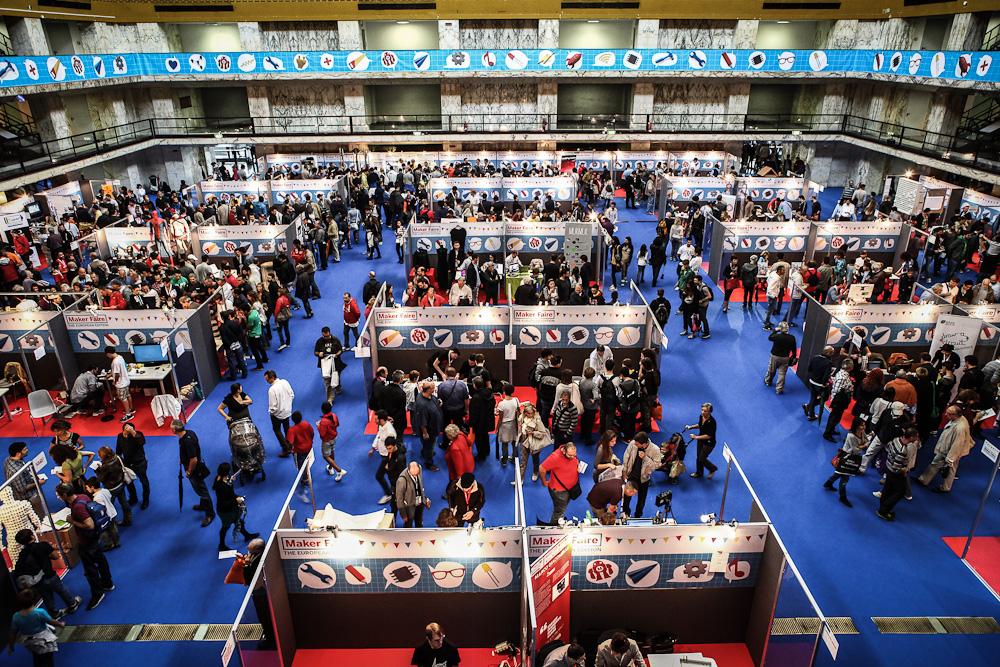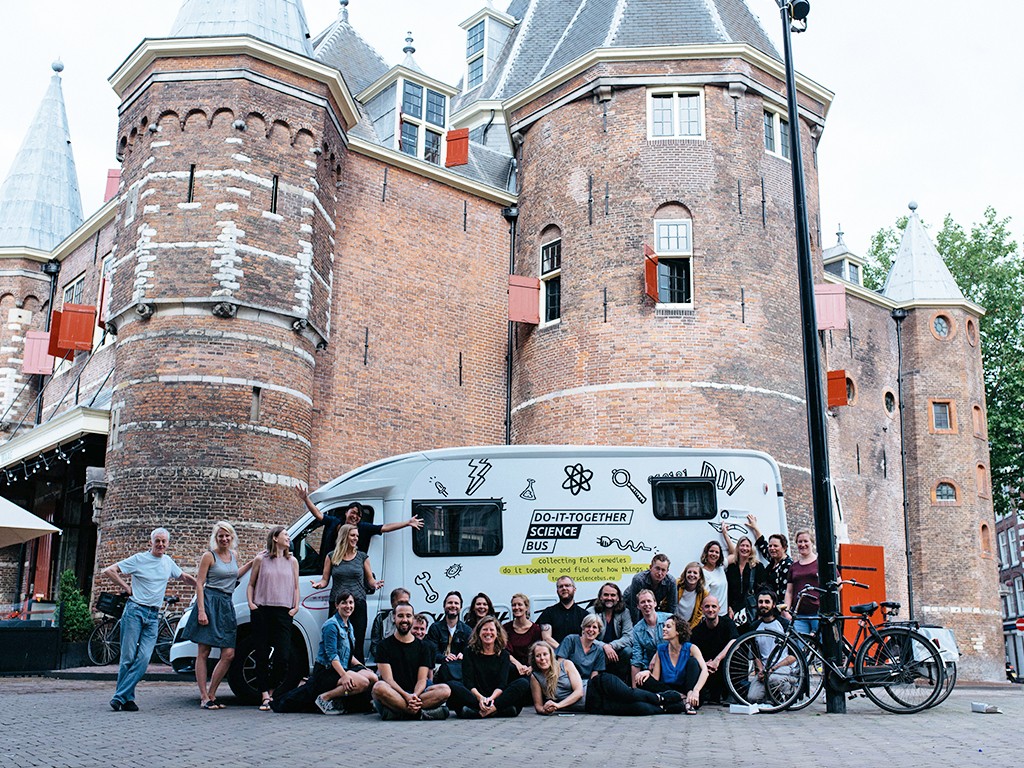
Doing it together science
The project 'Doing-It-Together science' (DITOs) aimed to build the institutional and policy foundations for deep public engagement in science and technology in Europe.
Citizen science
Citizens have a major role to play in addressing the challenges to a sustainable future. It is by 'doing science together' that we combine our resources and expertise to raise awareness, build capacity, and innovative lasting solutions grounded in society. We addressed the call for Pan-European public outreach in science with and for society, through a tangible 'Do It Together' (DIY) method for wide and deep public engagement and participation in science.
DIY, grassroots innovation
This project supported and built upon DIY, grassroots, and frugal innovation initiatives so that in the short and medium term we sustained localised capacity building and in the long term the effects of these grassroots efforts channeled into policy makers at different levels, from external advice to societal inputs, regarding appropriate research and innovation policies.
A consortium of 11 partners across the EU brought expertise from a range of areas including community organising, policy development, engagement in science and technology, citizen science research, technical visits and knowledge transfer in two broad strands: environmental sustainability and biodesign.
The most important task that Waag carried out was in the field of public engagement and existed of the Do It Together Science Bus that toured through Europe in 2017.
Partners
The consortium includes a pan-European network (European Citizen Science Association ECSA - linking practitioners, scientists, and supporting policy makers), SMEs (Tekiu; Eutema), universities (UCL; Université Paris Descartes; Université de Geneve), science galleries, museums and arts organisations (Kapelica Gallery / Kersnikova; Medialab-Prado; RBINS) and NGOs (Meritum Association; Waag).
Meta data
Project duration
Links
Publications
Team
Financiers
This project has received funding from the European Union’s Horizon 2020 research and innovation programme under grant agreement no. 709443.
